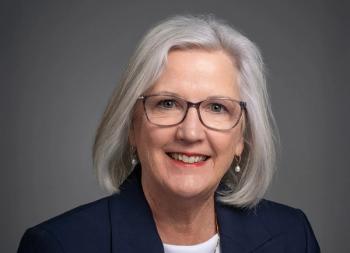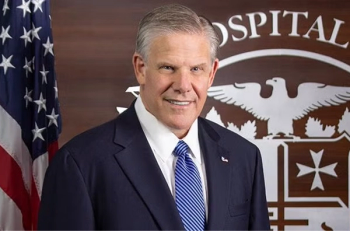
More than 1 million have lost Medicaid coverage, and hospitals are seeing the effects
States are determining some recipients are no longer eligible. Hospitals are providing more charity care, an indication that some have lost coverage.
As states once again have more latitude in determining eligibility for Medicaid, some Americans are losing coverage.
About 1.5 million Americans have lost Medicaid coverage in more than two dozen states, according to an
Florida has dropped several hundred thousand people, far surpassing all other states, the AP reports. Arkansas has also dropped more than 140,000 people from coverage.
During the COVID-19 pandemic, state Medicaid rolls expanded significantly. States were told they needed to offer continuous Medicaid coverage in order to qualify for additional pandemic assistance. Under
Nationwide,
Arkansas Gov. Sarah Huckabee Sanders has said that the state is simply ensuring that only those who are eligible for Medicaid are getting that assistance. “Those who do not qualify for Medicaid are taking resources from those who need them,”
Florida officials say they make multiple attempts to reach recipients before moving to end coverage, and more than 150,000 people did not respond to those efforts, the AP reported.
U.S. Health & Human Services Secretary
“Given the high number of people losing coverage due to administrative processes, I urge you to review your state’s currently elected flexibilities and consider going further to take up existing and new policy options that we have offered to protect eligible individuals and families from procedural termination,” Becerra wrote.
“With states conducting their Medicaid eligibility redetermination, it’s predicted that hundreds of thousands of people will ultimately become uninsured,” Erik Swanson, senior vice president of data and analytics with Kaufman Hall, said in a statement. “The data indicate that we may already be seeing the effects of disenrollment materialize with patients less likely to seek out the care they need and a continued rise in bad debt and charity care.”
It’s difficult to project how many Americans will lose Medicaid coverage.
Becerra outlined steps states can follow to ensure people who are eligible for Medicaid don’t lose coverage, including spreading out renewals over 12 months and renewing recipients on the basis of their eligibility for the Supplemental Nutrition Assistance Program or Temporary Assistance for Needy Families.
The health secretary has said he’s especially concerned that children could lose out on coverage if their parents no longer receive Medicaid, and Becerra points out that kids are most likely still eligible to receive coverage through Medicaid and the Children’s Health Insurance Program (CHIP).
In his letter to the governors, Becerra also said the federal government will act, including requesting that states pause procedural terminations if necessary.
"Individuals must be afforded the due process to which they are entitled in order for states to continue to receive enhanced federal funding," Becerra said.






























